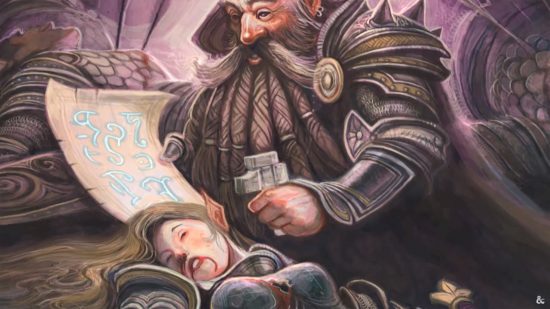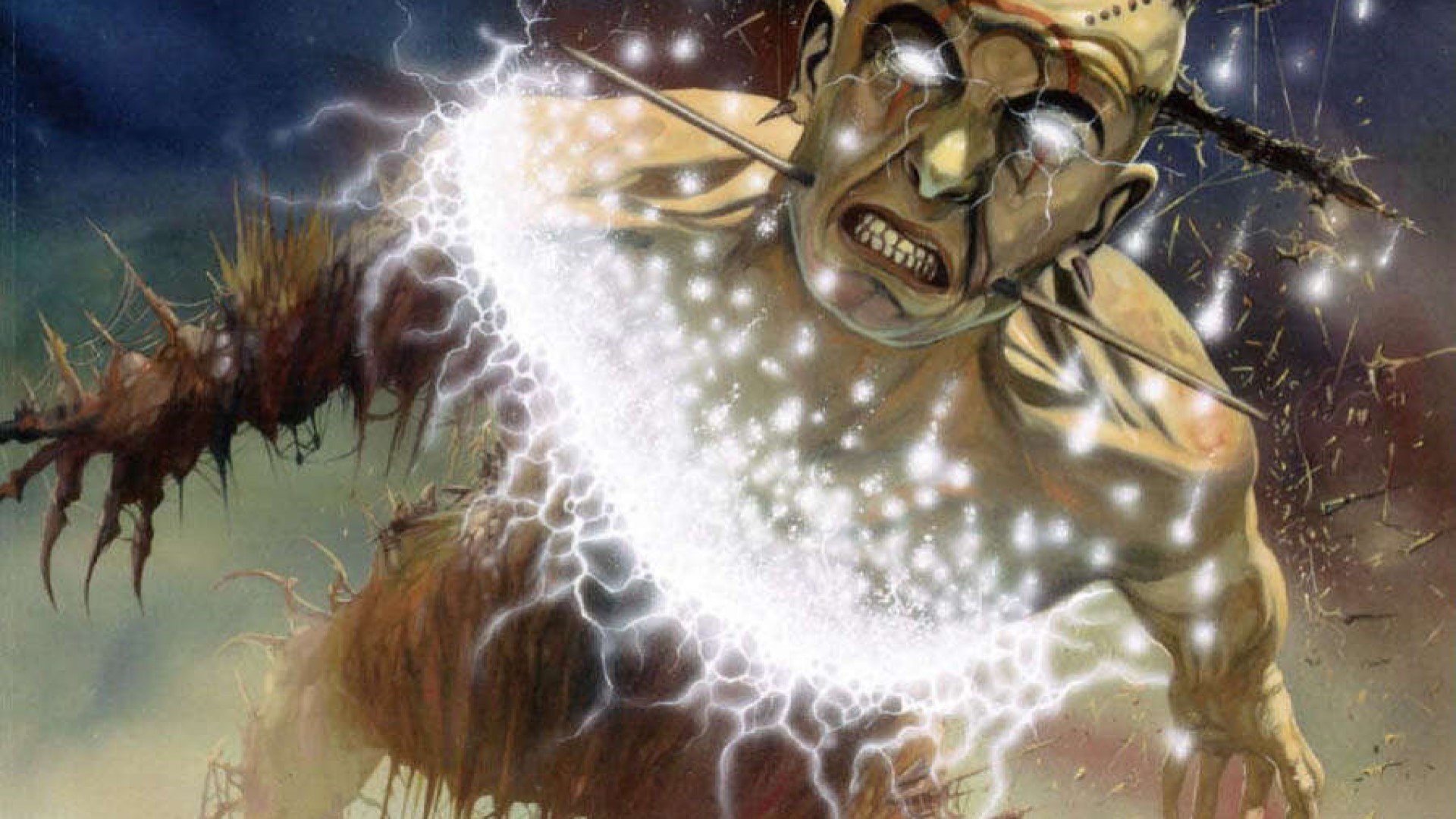In Dungeons and Dragons, being incapacitated stops you from taking an action. That’s not just standard actions, it’s everything from reactions to bonus actions. Whether you’re a player or a monster, if you’re incapacitated, you have to simply wait it out until the condition ends, and if you’re in combat, hope that your allies have got your back.
Incapacitated 5e is one of the most troublesome D&D conditions you can face. Sure, no one likes to be knocked prone, and being exhausted can be tiresome. But if you’re slapped with the incapacitated condition, you can’t do anything. It’s basically the ‘skip a turn’ Uno card of Dungeons and Dragons.
If incapacitated cropped up all the time, it would probably turn D&D 5e combat into a total snoozefest. Sometimes it’s hard enough for a DM to keep players sitting up and taking notice when it’s not their turn, let alone if they know they can’t take any actions for the foreseeable. Fortunately, the incapacitated condition is almost never inflicted on its own – there are extremely few spells or abilities that incapacitate and do nothing else.
Instead, incapacitated often comes bundled in as part of another status condition or effect. For example, if you’re paralysed, that means you’re also incapacitated. Petrified, paralysed, stunned, and unconscious are all conditions that, alongside their other effects, bestow the incapacitated condition. Essentially, in the 5e Player’s Handbook, incapacitated exists as a shorthand marker to convey the fact that the character or creature impacted can’t take any action on their turn.
Can you still move while Incapacitated 5e?
Technically, while the word incapacitated would suggest you’re unable to do anything at all, you can still move and talk while inflicted with the incapacitated condition. While these may have fallen under Move actions or Free actions in older editions of Dungeons and Dragons, they’re not classified as actions at all in 5e.
However, in practice, it’s very unlikely that you’ll be able to do much moving about while incapacitated, as most conditions that cause the incapacitated condition also prevent movement and speaking. Stunned is a slight exception, as it still lets you speak, but only falteringly.
This is the case for most spells that inflict incapacitated as well. For instance, Tasha’s Hideous Laughter inflicts incapacitated and prone. Another example: while reverting from the cloud form assumed by the Wind Walk spell, for one minute you’re incapacitated and can’t move. Technically the Cleric spell Banishment causes incapacitated and no other codified conditions, but it also banishes its target to a ‘harmless demiplane’, so whatever movement you do whilst there doesn’t really matter.
The same caveat about incapacitated is also true for monster’s actions. For instance the Luring Song of the harpy not only incapacitates but also inflicts charmed, and forces the afflicted creature to move towards the monster.
How do you end Incapacitated 5e?
Unlike conditions such as prone, there’s no built-in way to snap out of ‘incapacitated’. Instead you’ll have to wait for whatever effect or condition has incapacitated you to end.
If you end up running into incapacitated time and time again in your games, something’s probably gone wrong. It should almost always come bundled in with another effect, one that you can shake off, cleanse, or overcome.


